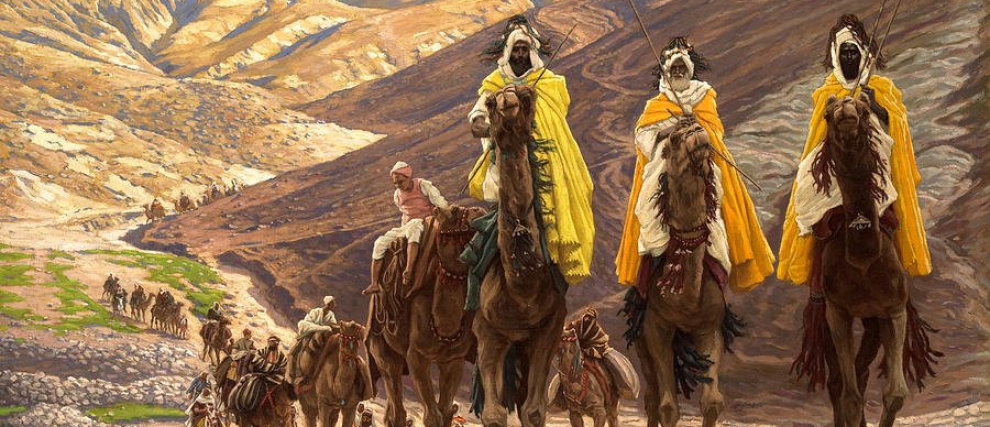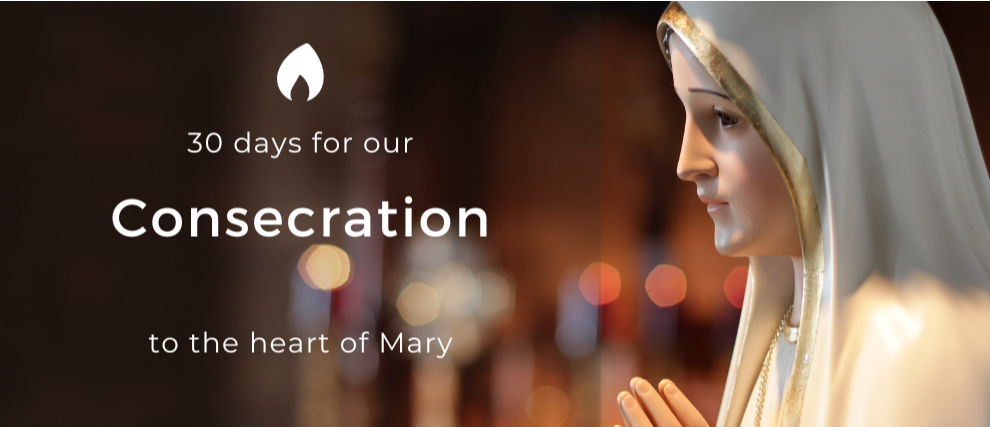Epiphany: Why are the Magi celebrated?
The day of the Epiphany celebrates the arrival of the Magi to the manger. They came to adore the child Jesus and offer him gifts. It takes place on January 6 or the first Sunday following January 1.
Where does this tradition of honoring the Magi on this day shortly following the feast of Christmas come from? Who are they and what do we know about them?
Discover in this article why the tradition of Epiphany is to celebrate the Wise Men, learn who the three Wise Men are and the Christian symbolism they represent!
Why do we call the Epiphany the Feast of Kings?
The Christian feast of the Epiphany is usually called "feast of kings", because it celebrates the coming of the Magi to the manger, taking its origin from the Bible.
Originally, Epiphany was the celebration of the "manifestation of God" to men, through three events: the worship of the Magi, the baptism of Jesus and the wedding of Cana. However, Western tradition has only retained the first for the feast of Epiphany, thus making it a feast of kings!
Who are the Magi?
The Magi in the Bible
The feast of kings comes from the biblical story of the evangelist Saint Matthew, who offers us the story of the coming of the Magi to Jesus: “After Jesus was born in Bethlehem in Judea, during the time of King Herod, Magi from the east came to Jerusalem” Saint Matthew tells us the circumstances of this visit: the Magi followed a star, and went to Jerusalem to ask King Herod where the king of the Jews is. Following the star, they arrived in front of the manger: “On coming to the house, they saw the child with his mother Mary, and they bowed down and worshiped him. Then they opened their treasures and presented him with gifts of gold, frankincense and myrrh.” (Matthew 2:1-12).
We can see that this passage gives little information about the Magi: Saint Matthew does not specify that they were kings, or who they were, or how many, or where they came from.
Three Magi: Gaspard, Balthazar and Melchior
The popular tradition took care of filling in the missing information about the Magi! Thus, since the sixth century, it is said that the Magi who came to worship Christ are called Gaspard, Balthazar and Melchior. They were given the title of king, in reference to Psalm 72 of the Bible: "May the kings of Tarshish and of distant shores bring tribute to him. May the kings of Sheba and Seba present him gifts."
Finally, tradition has retained "three Magi", because the number three is very symbolic in the Christian faith, since it refers to totality and fullness. The three Magi, representatives of three continents - Asia, Africa and Europe - thus represent all the peoples of the Earth. The number 3 of the Magi also evokes the three ages of life: the representation of Melchior is often that of an old man with a long beard. Finally, the three gifts they bring - gold, frankincense and myrrh - refer to the three times holy God, to the fullness of his holiness. It was also the number of gifts brought that perpetuated the idea that the Wise Men were indeed three!
The gifts of the Magi
The Magi each offer a gift - gold, frankincense and myrrh - whose dimension is highly symbolic. Jacques de Voragine, Dominican and Archbishop of Genoa, describes the three Magi and explains the meaning of their gifts as follows: "The first of the Magi was called Melchior. He was an old man with white hair and a long beard. He offered gold to the Lord as to his king, gold signifying the kingship of Christ. The second, named Gaspard, young, without a beard, red in color, offered to Jesus, in incense, the homage to his divinity. The third, with a black face and a full beard, was called Balthazar; the myrrh in his hands was a reminder that the son had to die. " (Golden legend, account of 1261).
The Christian symbolism of the Magi
For Christians, the coming of the Magi to the manger to adore the child Jesus has a very strong symbolism!
These three Magi, to whom God manifests his divinity through his son Jesus, are the representatives of all the peoples of the Earth, of all nations. By their visit, God testified to the universal scope of his love for all men, and the universal salvation he promises!
The account of the Magi, having followed a star, also testifies to the importance of seeking God, and of observing the signs of the times: the Magi, sometimes considered as astrologers, were certainly waiting for the revelation of the messianic prophecy announcing the coming of the Savior.
Praying with Hozana!
Prayer with the Magi
"Grant, Lord, that on this day of Epiphany, I may have a clear look, a pure soul, strong will, ardent love, in order to find in the world the manifestations of your holy will and your love.
May my soul be, today especially, in a state of confident expectation; lifted up to you, occupied with you. May my intelligence strive to notice the splendors that surround me and speak to me: your stars, your flowers, your streams, your birds, your children.
May my will, oriented towards you, be constant in the pursuit of good, enthusiastic and courageous. Let all my affections, all my desires, be summed up in this call: Lord, let me see you; Lord, let me follow you, as the Magi have seen you, as the Magi have followed you. Amen.”
Prayer of the Parish of Gazeran
Pray to the Magi with Hozana!
With the Wise Men, witnesses of the manifestation of God to men, pray to Jesus and offer him your whole life! Worship this child Jesus, king of kings, a sign of God's immeasurable love for you.
Pray with Hozana that the light of Jesus will spread over all men!
- , spread the Word of God around you!
- is a daily guided meditation on the gospel reading of the day led by Catholic priests, that is aimed to be an accessible way to encounter Christ in our daily lives.
- , pray with Padre Pio!

